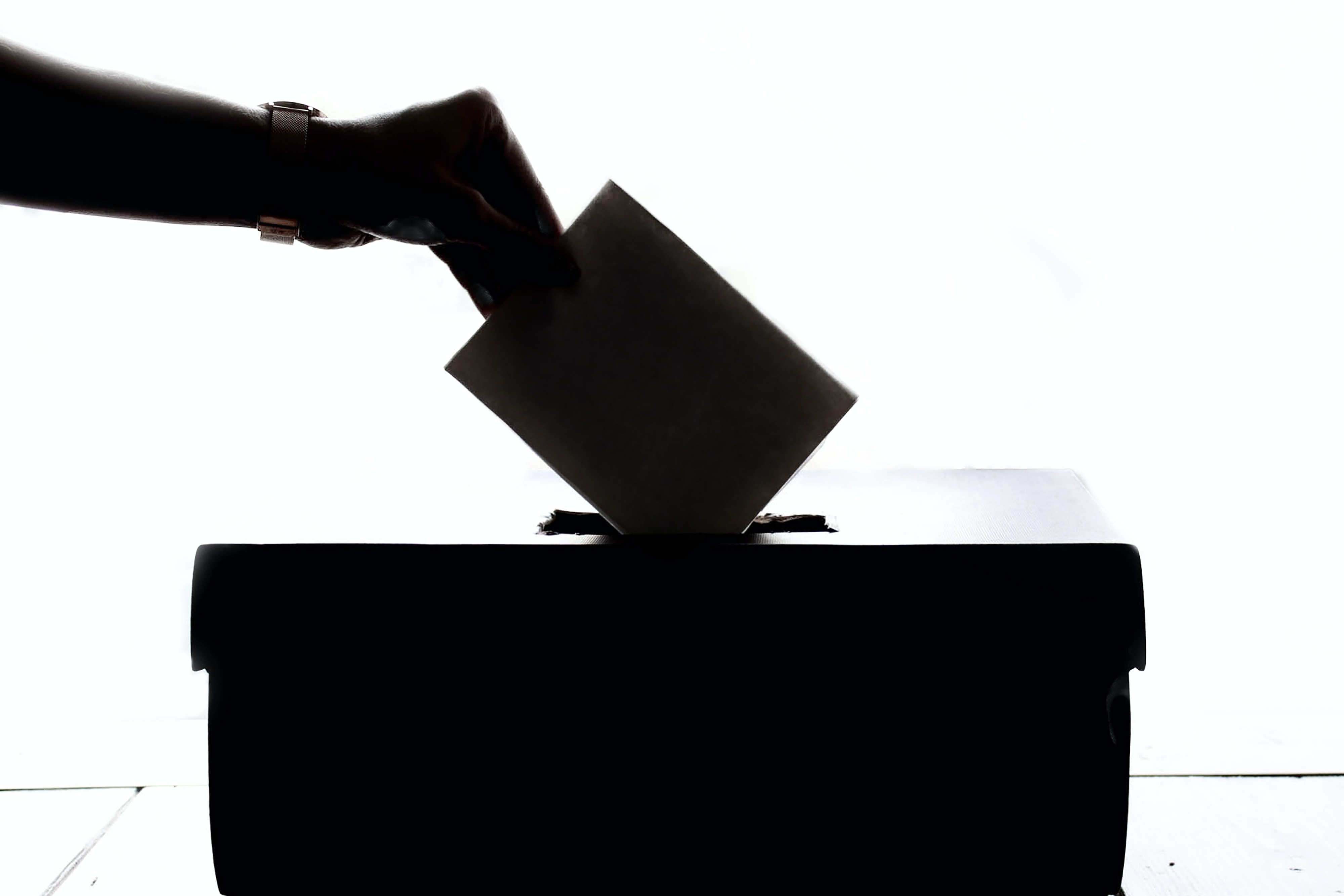Politics can drive us crazy:
In the New Year, shortly after the Capitol Insurrection in the United States, I wrote an article about how political polarization is terrible for our mental health. I had also written just prior to that about how the politics of division are driving people crazy.
These days, with the fourth wave of COVID upon us and given the way that this public health crisis has turned into a political circus, I thought I’d add another update on the negative impact of politics on our mental health.
COVID has become entrenched as part of our “new normal,” adding yet another stressor to our already over-loaded lives. Unfortunately, the pandemic has become so politicized that if the stakes weren’t life-and-death, it would be laughable. Instead, the politicization of COVID has been wreaking havoc on our physical and mental well-being.
Divisive politics can make us stressed:
With COVID, people seem to be separating into two camps: those who follow the science and those who listen to the conspiracy theories. The latter group can be extremely vocal in espousing their ideology, and their reactions to many of the public health guidelines can be so irrational and even aggressive that it can become quite frightening.
I just read a story about three angry fathers bursting into a school in Arizona carrying plastic hand cuffs, in protest against the mask requirements for the children. These men threatened to make a “citizen’s arrest,” against the female principal of the school, which actually seemed more like a kidnapping attempt and which so far, has resulted in the arrest of one of the men.
I’m sure the principal was traumatized by this experience and most likely, other educators are that much more anxious nowadays, fearing similar attacks at their schools.
People have started harassing businesses that comply with the public health guidelines, creating an atmosphere of intimidation and fear. After over eighteen months of struggling to keep their businesses afloat, business owners, employees and customers can only become more stressed by this distressing degree of persecution.
Even in our personal lives, politics have become that much more stressful in the context of COVID. If a loved one is an anti-vaxxer and we’ve had our two shots, it could be grounds for bitter disagreements, misunderstandings and hurt feelings – all detrimental to our mental well-being.
People become stressed when things are unstable:
People crave stability and order. We feel most comfortable when the rules are followed. Chaos is frightening. We feel overwhelmed and out of control.
COVID has already introduced so much uncertainty into our lives, and the intensely politicized way that people are dealing with the pandemic is only making things worse. Anti-maskers and anti-vaxxers are creating tremendous stress for those who choose to follow the public health guidelines.
People are becoming increasingly fearful that those who disagree with them will resort to violence – and for good reason. Someone I know was going to have a drink at a bar but they turned away when an angry mob of protesters was blocking the entrance, shouting terrible threats, merely because of the bar’s pro-vaccine policy.
We have a Canadian election coming up in a few weeks, adding even more stress to our lives during the fourth wave of a global pandemic.
In this highly politicized time, when politicians grabbing power seems more important than their mandate to save lives, will our apathy and disillusionment over politics make us opt out of the process? And will that result in a party being elected by default — only to dial back the COVID precautions in as a way to entrench their position?
That would mean rising numbers of seriously ill people, over-loaded ICU’s, burn-out on the part of my medical colleagues and worst of all, a whole lot more people dying. I’m getting scared.
We get sad, mad and scared when we feel powerless:
Anxiety, anger and depression often are linked to a sense of disempowerment, so it’s important to take action whenever we can. If we do take action – by casting our vote in the upcoming Canadian election – we can make changes in the political system, and just as importantly, we can go a long way toward protecting and nurturing our mental well-being.
One of the symptoms of depression is that we stop caring. We become disillusioned, apathetic and unmotivated. Unfortunately, our depression prevents us from taking the kind of action that could make us feel better and do better.
We need to fight our tendency toward indifference and inaction and make our voices heard. When we feel more empowered, our depression abates and our lives improve.
So, what can you do?
Here is my list of five things that will help your mental health when living through these charged political times:
1. Spend less time focusing on the news and shift your attention to more positive activities.
2. Prioritize your mental wellness with meditation, creative pursuits, and being in nature.
3. Talk to a loved one or to a professional when your stress becomes unmanageable.
4. Practice healthy skepticism and only believe what is factual and well-researched. Trust science and proven fact over opinion and conspiracy theory.
5. Speak out when you’re upset or frustrated, through blogging or social activism, and vote in the upcoming Canadian election. You can do so in person, by mail, in the advance polls or on election day. With so many options, you have no excuse to remain silent.
If you take care of your mental well-being, you’ll be able to make much better choices for yourself and your loved ones in these very challenging times.
——
Sign up here for my free biweekly wellness newsletter that brings you fresh, thought-provoking content.
Subscribe to my YouTube Channel where you’ll learn simple tips for taking the best care of yourself and your loved ones.
Tune in to my Ruthless Compassion Podcast where I go in-depth about topics like mental health, trauma, and loneliness.





